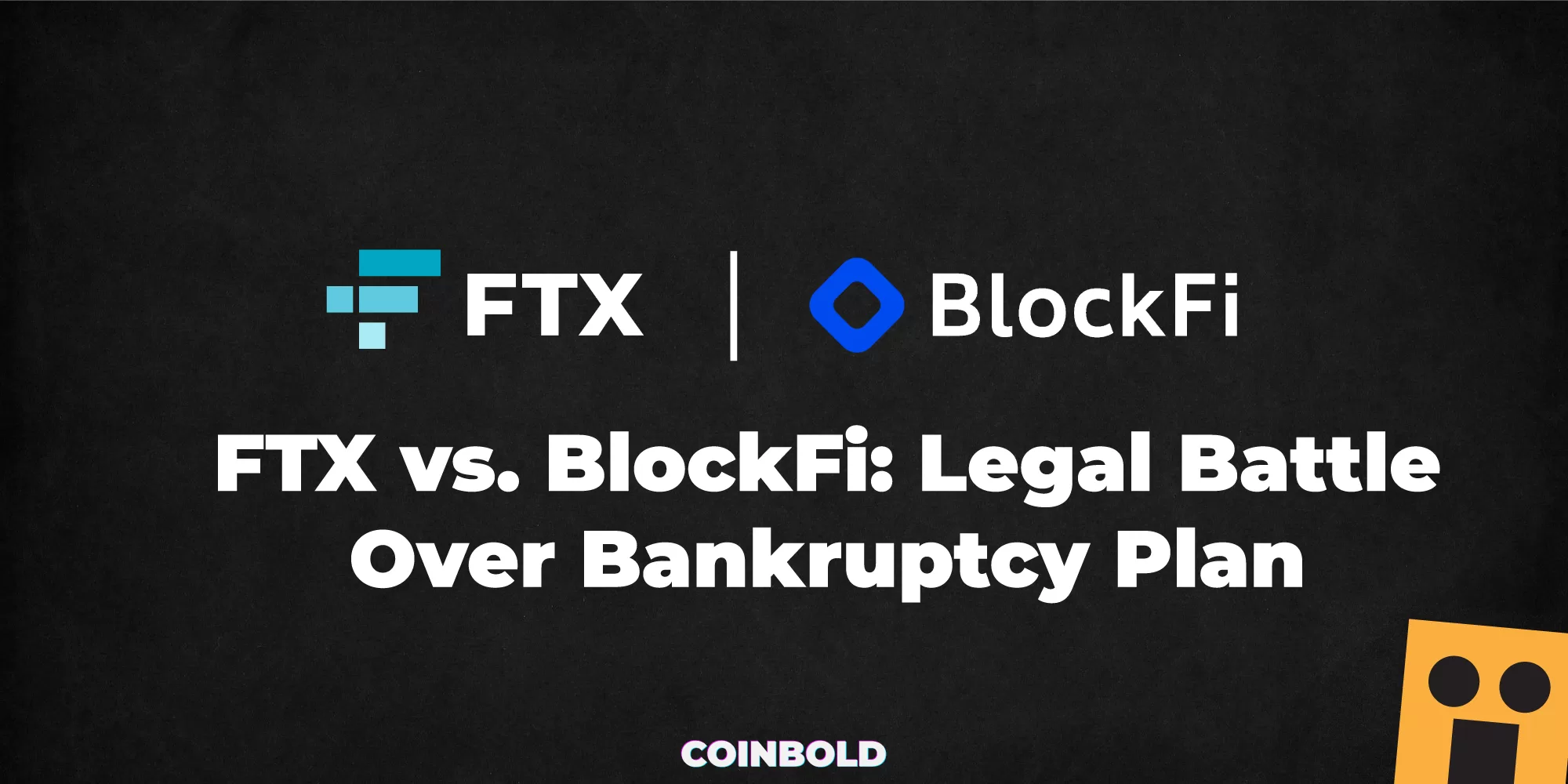In a significant legal development, FTX, a prominent cryptocurrency exchange, has filed a complaint against BlockFi, a crypto lender, accusing the company of exploiting bankruptcy rules in a proposed plan that unfairly downgrades FTX’s claims. This contentious plan is set to be discussed at a New Jersey court hearing on July 13 and has garnered opposition from hedge fund Three Arrows Capital (3AC) and the Securities and Exchange Commission (SEC). The legal battle sheds light on the complexities surrounding financial transactions in the crypto industry and the efforts to protect the interests of creditors and stakeholders.
FTX’s Claims and Allegations
FTX, having previously bailed out BlockFi before encountering its own bankruptcy, asserts that the proposed plan aims to make its claims disappear without adhering to procedural fairness. The company emphasizes significant repayments and collateral tied to a loan with its trading arm Alameda Research, along with $1 billion in collateral pledged by Emergent Fidelity, a company established by FTX’s CEO Sam Bankman-Fried to hold shares in Robinhood. These claims represent substantial amounts at stake for FTX, compelling them to challenge the proposed plan and seek fair treatment.
Untangling Financial Transactions and Parallel Proceedings
The legal filings made by FTX and other entities are part of a broader effort to untangle intricate financial transactions within the crypto industry. Many crypto companies are undergoing separate bankruptcy cases in an attempt to repay customers and creditors. In this complex landscape, BlockFi might also possess claims against FTX in parallel proceedings held in Delaware, which FTX’s lawyers anticipate objecting to. These parallel proceedings add another layer of complexity to the legal dispute between FTX and BlockFi.
Opposition from Three Arrows Capital and the SEC
Three Arrows Capital, owed over $220 million by BlockFi, is among the entities opposing the proposed plan. They protest against the lack of opportunity to contest fraud allegations, emphasizing the importance of a fair and transparent legal process. Similarly, the SEC expresses concerns about the proposed clauses that would release BlockFi and its management, echoing similar concerns raised by Voyager, another crypto lender. The SEC’s objections highlight the need for clarity and specificity in the bankruptcy plan to protect the interests of all parties involved.
Implications and Challenges Ahead
Due to legal delays and objections raised by the SEC, Binance.US withdrew its offer to acquire Voyager, indicating the potential impact of legal disputes on business deals within the crypto industry. BlockFi’s creditors argue that the bankruptcy plan serves as a means to absolve executives of accountability for poor financial decisions and advocate for the company’s liquidation instead. The outcome of the legal battle between FTX and BlockFi will have significant implications for the industry and may set precedents for future bankruptcy cases involving crypto companies.
Conclusion
The legal complaint filed by FTX against BlockFi highlights the complexities and challenges within the crypto industry, particularly regarding bankruptcy proceedings and the protection of stakeholders’ interests. As the New Jersey court hearing approaches, the outcome of the legal battle will have far-reaching consequences. The involvement of hedge fund Three Arrows Capital and the SEC underscores the importance of fair and transparent processes in addressing the allegations against BlockFi. This case serves as a reminder that as the crypto industry continues to evolve, robust regulatory frameworks and legal mechanisms are crucial for its long-term stability and growth.
FAQs
- What is the dispute between FTX and BlockFi about? FTX has accused BlockFi of exploiting bankruptcy rules in a proposed plan thatunfairly downgrades FTX’s claims. They argue that the plan aims to make their claims disappear without following procedural fairness.
- Who else is opposing the proposed plan? Hedge fund Three Arrows Capital and the Securities and Exchange Commission (SEC) are also opposing the proposed plan. Three Arrows Capital protests against the lack of opportunity to contest fraud allegations, while the SEC finds the proposed clauses overly vague and broad.
- What are the implications of the legal battle? The outcome of the legal battle will have significant implications for the crypto industry, particularly in terms of bankruptcy proceedings and the protection of stakeholders’ interests. It may set precedents for future cases involving crypto companies.
- Why did Binance.US withdraw its offer to acquire Voyager? Binance.US withdrew its offer due to legal delays and objections raised by the SEC. This highlights how legal disputes can impact business deals within the crypto industry.
- What do BlockFi’s creditors advocate for? BlockFi’s creditors argue that the bankruptcy plan serves as a means to absolve executives of accountability for poor financial decisions. They advocate for the company’s liquidation instead.







